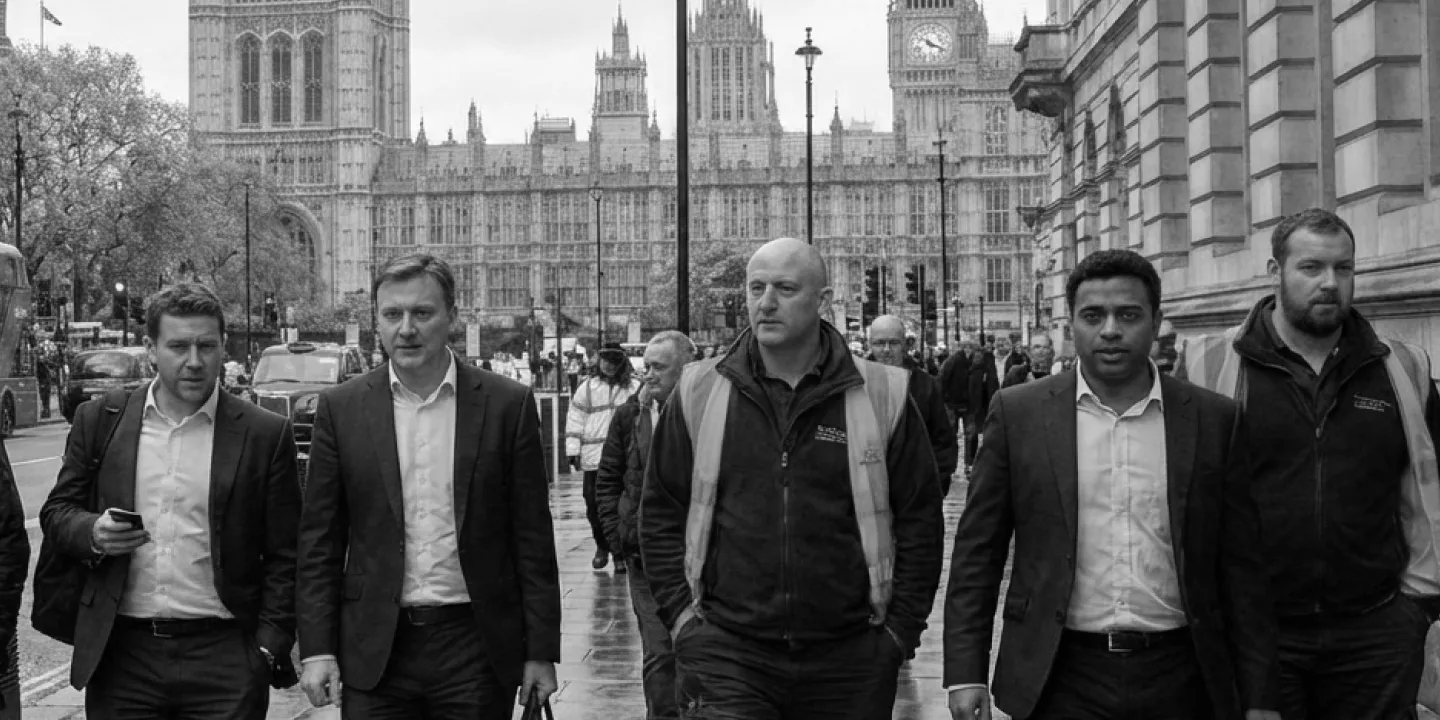Need to Reduce Contractor Compliance Risk? This Is How It’s Done

Contract workers give organizations flexibility and can help them keep costs down, particularly when hired in countries with lower labor costs. But in some countries, laws that pertain to the employment of contractors are very strict, and violating them can be costly.
In this blog, a fictitious NGO, KidCare Around the World, illustrates how an organization can run into trouble when relying on contractors in other countries. We also explain how an employer of record (EOR) solution can help eliminate the compliance-related risks that can arise.
The organization: KidCare
The subject of this story is “KidCare Around the World, a US-based NGO that provides support for children who have been displaced due to conflict and natural disasters.” Offering access to educational services, counseling, and basic healthcare, it was established in 2012 by volunteers interested in helping children globally.
The organization relies on local workers, hiring them as short-term contractors for the delivery of services in areas where relief is needed. Contractors are supported by the organization’s regional offices in the UK, Kenya, Singapore, and Costa Rica.
The situation
A 2016 audit revealed that KidCare had misclassified workers it hired in Australia earlier that year, and it was forced to pay nearly $100,000 USD in back taxes, social costs, and fines for each misclassified worker.
As an NGO, KidCare can’t afford costly compliance mistakes — some of which could even get the organization permanently barred from working in a country. It needs to find a better way to manage compliance with labor laws around the world.
Primary challenge
KidCare hires short-term, local contractors to help address humanitarian crises, so full legal compliance is of the utmost importance to them.
- When crises remain unresolved for long periods — for example, in Gaza and Ukraine — the contractors often stay on site to offer continued support.
- Retaining contractors for long periods of time can violate the labor laws of some countries (particularly the US, UK, Germany, Spain, and Australia, where laws pertaining to the employment of contractors are very strict).
Secondary challenge
KidCare has a secondary challenge: It needs to expand its reach to meet the conditions for a large donation.
- A tech entrepreneur planned to donate a large sum to KidCare on the condition that it would grow its capacity to simultaneously serve more people in more affected regions.
KidCare was under pressure to quickly find a better way to handle compliance, so it could extend its reach without taking on even more risk.
An illustration of KidCare’s challenges
The 2016 floods in the Indian state of Assam, which affected more than 1.6 million people, illustrate the challenges KidCare faces:
- The organization hired temporary local staff to help the region’s children.
- Four contractors remained in place for more than one year to help restore several Assamese schools.
- State authorities cited and fined KidCare for assigning temporary contract status to workers who appeared to be working full time for the organization. The fines, back taxes, social cost contributions, and other financial penalties totaled nearly $220,000 USD.
The solution: A full-service employer of record (EOR)
KidCare needs to identify a solution that will help it boost its global operational capacity and address compliance-related risks.
To fulfill its mission, the NGO must be able to quickly find, hire, and onboard skilled temporary workers in disaster zones — wherever they develop. KidCare is looking specifically for several kinds of support:
- It needs an EOR that can employ workers in accordance with local laws. This is essential for it to avoid compliance issues — its biggest pain point.
- The NGO has found it challenging to pay workers in their own currency and wants an EOR solution that can manage this.
- KidCare can’t forecast where the next natural disaster or conflict will occur. It needs EOR support in as many countries as possible.
- The organization needs an EOR that can hire and onboard workers as quickly as possible, so it can respond to emerging humanitarian crises with greater speed.
- To better manage its operations and position itself for expansion, KidCare needs a way to monitor time and expenses more easily and analyze things such as spending, turnover, and payroll taxes.
For this, a full-service EOR is the best solution.
Immediate, visible results
In October 2024, the organization selected a full-service EOR, and it was just in time. In March of 2025, an earthquake measuring 7.7 on the Richter scale struck the Sagaing region of Myanmar. Thousands were killed and many more were injured or displaced.
KidCare immediately realized the benefits offered by the EOR solution it selected. In supporting the NGO, the EOR:
- Reduced the time needed to hire and onboard local staff by 75%. The EOR identified, hired, and onboarded four pediatricians, seven relief workers, and three counselors within seven days — a task that would have taken the organization’s Singapore-based team at least four weeks.
- Saved the organization roughly 30 to 40 hours of compliance work by eliminating the need to research local labor laws and check that contracts, payment terms, benefits requirements, etc., meet local standards.
- Enabled the organization to address children’s needs more quickly, reducing the response time by approximately 80%. The EOR hired and onboarded staff and handled all compliance matters, allowing KidCare to provide healthcare and counseling far sooner than it is typically able to.
- Saved the organization up to $500,000 USD by ensuring compliance with Myanmar’s worker classification laws.
Overall, KidCare Around the World has benefited greatly from its EOR partnership. In mid-2025, the NGO began executing its expansion plans and also entered talks with UNICEF on a potential partnership. These opportunities were only possible because of the savings in time and resources — and the elimination of compliance risks — the organization achieved through its EOR.
While KidCare Around the World is a fictitious organization, the challenges depicted in this blog are real-life problems faced by for-profit, nonprofit and public-sector entities around the world. Noncompliance, especially as it relates to the employment of contractors, is a serious and often costly matter that can derail an organization’s operations. But a full-service employer of record assumes the related compliance risks while managing HR functions that absorb time and resources. For entities that need workers in different parts of the world, an EOR is the smartest investment they can make.
More Resources

Contact Us
Book a demo today
We’d love to learn more about your needs and show you how we can help. Submit the form and we’ll be in touch to schedule a personalized demonstration of our platform and services.
Schedule an appointment
Fill out the form to speak to a rep about how we can help your organization.






















